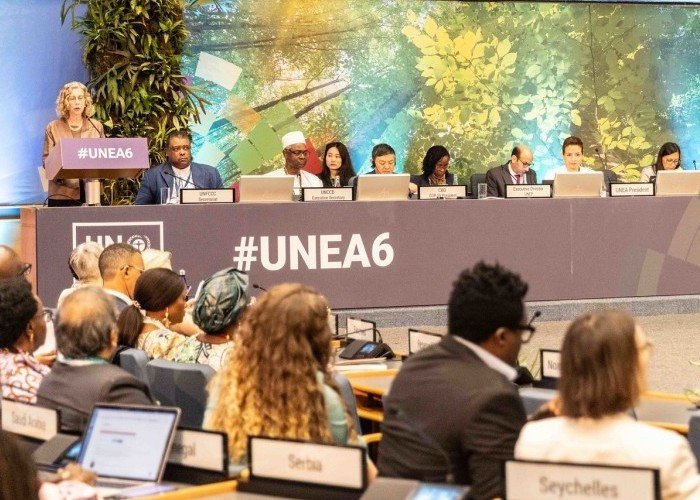A Fifth Rationale For Climate Intervention Governance
Source: Christopher Michel
The study of governance of large scale interventions in the climate system (or, “geoengineering”) will become increasingly important as we gain a better understanding of its promises and risks. This paper, published by a group of authors in Current Opinion in Environmental Sustainability, begins to tackle this complex issue but misses one core principle for climate intervention governance.
The paper strives to answer the question of why we govern climate interventions in the first place. The authors answer the question with four rationales: "first, governing to enable the future possible use of solar geoengineering; second, governing to exercise oversight over solar geoengineering, if enabled; third, governing to be vigilant against unequal harms generated by solar geoengineering, if enabled; and fourth, governing to restrict solar geoengineering."
The authors miss a crucial fifth rationale for climate intervention: the service of positive outcomes for society, such as ensuring a safe climate for people and the sustainability of the natural systems that support them. All of the rationales they mention propose governance in service of a process that either promotes or restricts climate interventions that we do not understand very well and should seek to consider objectively. None of them centers on the end result—the outcomes—in terms of life, safety and the future state of the planet. A recent paper written by Sue Biniaz and Dan Bodansky on the governance of climate intervention centers on this issue: any consideration of climate intervention governance must take into account "two safeties"—the safety of a warming climate and the safety of using solar climate intervention. Fundamentally, the risks of action need to be weighed against the safety risks of inaction.
Weighing the safety of warming climate against the safety of possibilities for rapidly reducing warming is perhaps the single most important role of governance of climate intervention. The massive, known harms that climate change will cause are the reason that we need aggressive action on climate change and safety-centered, science-based governance of climate interventions.




